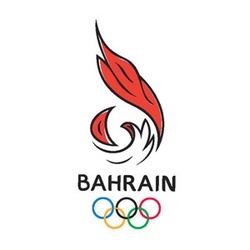The Kingdom of Bahrain was called the land of the living by the first civilization on earth. It is a place of culture, tradition, and a history that goes back to the mists of time. It was part of Dilmun, an ancient independent kingdom that flourished circa 2,000 BC, now it is the Kingdom of Bahrain.
Bahrain - which name means "two seas" - was one of the oldest trading hubs between the Arabian Peninsula and Indian subcontinent. It was famous market for precious perls and gold. Bahrain was one of the first states in the Gulf to discover oil and to build a refinery.






































































